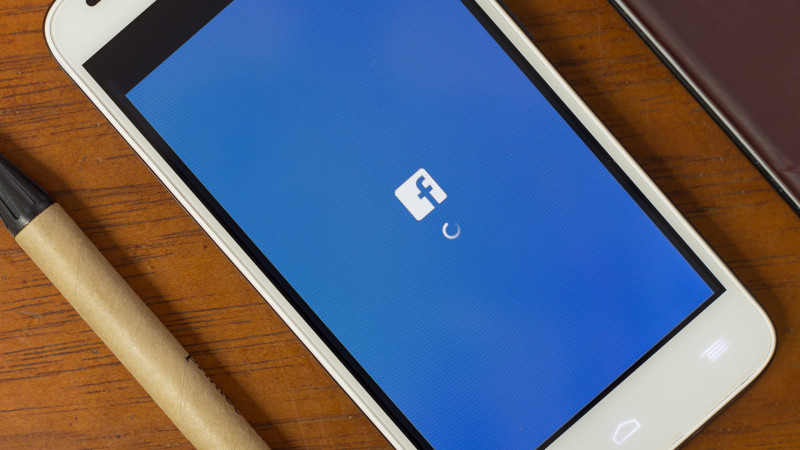In another effort to stem the spread of disinformation on its social network, Facebook is cracking down on businesses’ ability to alter the headlines and descriptions previewing links attached to their ads.
In April, Facebook announced that it would bar people and Pages from changing organic posts’ link previews. The company later described the move as “eliminating a channel that has been abused to post false news”. While Facebook has worked to remove the option for organic posts, it has remained available to advertisers. That’s soon to change.
Facebook will no longer allow advertisers to change the preview text for links in ads, the company announced last week, after The Wall Street Journal documented how brands had used the option to make news articles that mention a brand appear to be more promotional in nature. However, Facebook has not yet enacted the change.
Advertisers using Facebook’s self-serve ad-buying tool, Ads Manager, are still able to replace the default headline and descriptions corresponding to links included in an ad, as of this writing. A Facebook spokesperson said on Monday that the company is beginning to disable this option and expects to eliminate its availability within the coming months.
After the change takes effect, advertisers will still be able to modify headlines and descriptions for links to their own sites through the Open Graph meta tags that Facebook uses to automatically populate the headlines, text and images in link previews.
About The Author

Tim Peterson, Third Door Media’s Social Media Reporter, has been covering the digital marketing industry since 2011. He has reported for Advertising Age, Adweek and Direct Marketing News. A born-and-raised Angeleno who graduated from New York University, he currently lives in Los Angeles. He has broken stories on Snapchat’s ad plans, Hulu founding CEO Jason Kilar’s attempt to take on YouTube and the assemblage of Amazon’s ad-tech stack; analyzed YouTube’s programming strategy, Facebook’s ad-tech ambitions and ad blocking’s rise; and documented digital video’s biggest annual event VidCon, BuzzFeed’s branded video production process and Snapchat Discover’s ad load six months after launch. He has also developed tools to monitor brands’ early adoption of live-streaming apps, compare Yahoo’s and Google’s search designs and examine the NFL’s YouTube and Facebook video strategies.
Popular Stories

